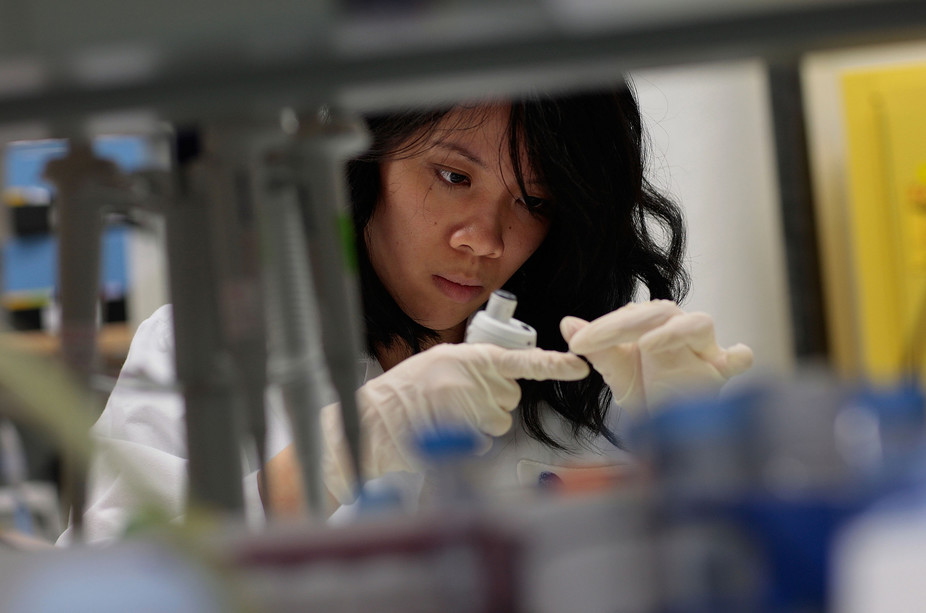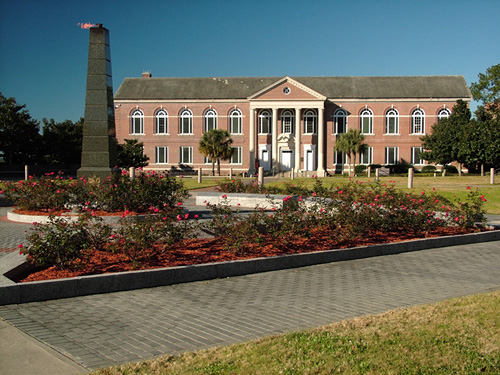Diverse Conversations: The Globalization of Higher Education

Visit the website of your favorite college or university, find the search box and type in the words “international programs,” “study abroad,” or something to this effect. What you will find out is that odds are, your favorite institution has a department that serves as the international arm of the university, developing partnerships with countries and organizations around the world. They are part of one of the biggest trends to hit today’s modern university. The trend that I speak of is commonly referred to as the “globalization of higher education.” For this week’s installment of “Diverse Conversations,” I interviewed Dr. George B. Forsythe, President of Westminster College, concerning the “globalization of higher education.” During his presidency, this private undergraduate liberal arts college has been transformed into a global leadership community nationally ranked for its diversity.
Q: What do scholars mean when they speak of the “globalization of higher education?”
A: There are several ways to look at globalization of higher education. (1) Academic Content—students need to know about and understand the world and American’s place in the global community. Colleges and universities respond by adding “global awareness” to their curricular outcome goals, including “global perspectives” across the curriculum, or adding specific programs in global studies, international studies, or transnational studies. (2) Educational Process—Colleges and universities provide a rich array of study abroad or study away experiences to students which are designed to immerse them in another culture. (3) Community Building—Colleges and universities recruit students from around the world in order to build the global community on campus where students live and learn together as global citizens. (4) Global Reach—Colleges and universities establish a physical and/or virtual presence in the international market. At Westminster, we are aggressively pursuing the first three, with major emphasis on creating a global community in America’s heartland, with 16% of our undergraduates coming from 75 different countries.
Q: What exactly is a global university?
A: I suspect when people use this term, they mean what I am suggesting in number 4 above. A global university is one that has a global presence, with physical campuses throughout the world and/or a virtual presence through distance learning. I also suspect it means the faculty and students are drawn from around the world.
Q: How can a U. S. college or university become a global institution while also staying true to its mission?
A: Westminster College was founded in Fulton, Missouri, to prepare citizens for useful service to the community through a high quality liberal arts education. We remain true to that mission, 162 years later, but our understanding of “the community” has expanded beyond the city, county, and state to the wider world. We have stayed true to our mission, but our sense of citizenship and community have become much broader, and for good reason.
The world is increasingly interconnected technologically and economically, and educated citizens today must understand the implications of these interconnections and must be able to respond effectively to this reality. Americans must be globally engaged if we are to preserve our democratic values and maintain the standards of living that continue to attract people of every nationality to our shores. Higher education, if it is truly “higher,” must help students develop a global understanding about current tensions and possible solutions. Staying true to our mission means we must help students look beyond the campus and see the world.
Q: What do students gain from being part of a global institution?
A: A college or university that is a global community opens students to new points of view, challenges their thinking about themselves and their world, and sets the stage for personal and professional growth. Exposure to people from different cultures helps students gain an appreciation for their own culture and equips them with the skills to succeed in a global economy. It also makes life more interesting and meaningful. It’s fun. I think Former Yale President, Kingman Brewster’s, comment about the value of a liberal education applies equally to the value of global learning communities: ”Perhaps the most fundamental value of a liberal education is that it makes life more interesting. It allows you to think things which do not occur to the less learned, it makes it less likely that you will be bored with life.”
At Westminster College, we have found that the global community we have assembled has enriched our learning environment in so many ways. International students and U.S. students work together in every area of campus life—academics, research, student government, Greek life, leadership and service, and athletics. Our students form friendships on campus that lead to many local and international service activities. In many ways, the community is the curriculum, as students from around the country and throughout the world live and learn together.
To illustrate our approach, in addition to traditional study abroad and international travel courses, which we offer in abundance, we also have created a program called Take-a-Friend-Home, which is designed to foster deep friendships between international and U.S. students and provide for significant cultural immersion. This program provides the funding for international and U.S. students to travel to each other’s homes during summer and winter breaks. Participation is limited, and students compete for this program by writing a curriculum that outlines what each will learn from the experience. Before they travel, they take a for-credit course that prepares them for cultural immersion; when they return, they write a reflection paper and share their experiences with the College community.
Q: What do you think other institutions can learn from what’s happening with the globalization of higher education?
A: In the 21st Century, “global education” is redundant—if it isn’t global, it isn’t an education. Both in terms of content and process, students will be better prepared for the challenges they will face after college if their education is global. College graduates must possess the knowledge, skills, and habits of mind that will allow them to thrive in a global community.
Well, that concludes my interview with President George B. Forsythe. I would like to thank him for taking time out of his busy schedule to speak with us.





